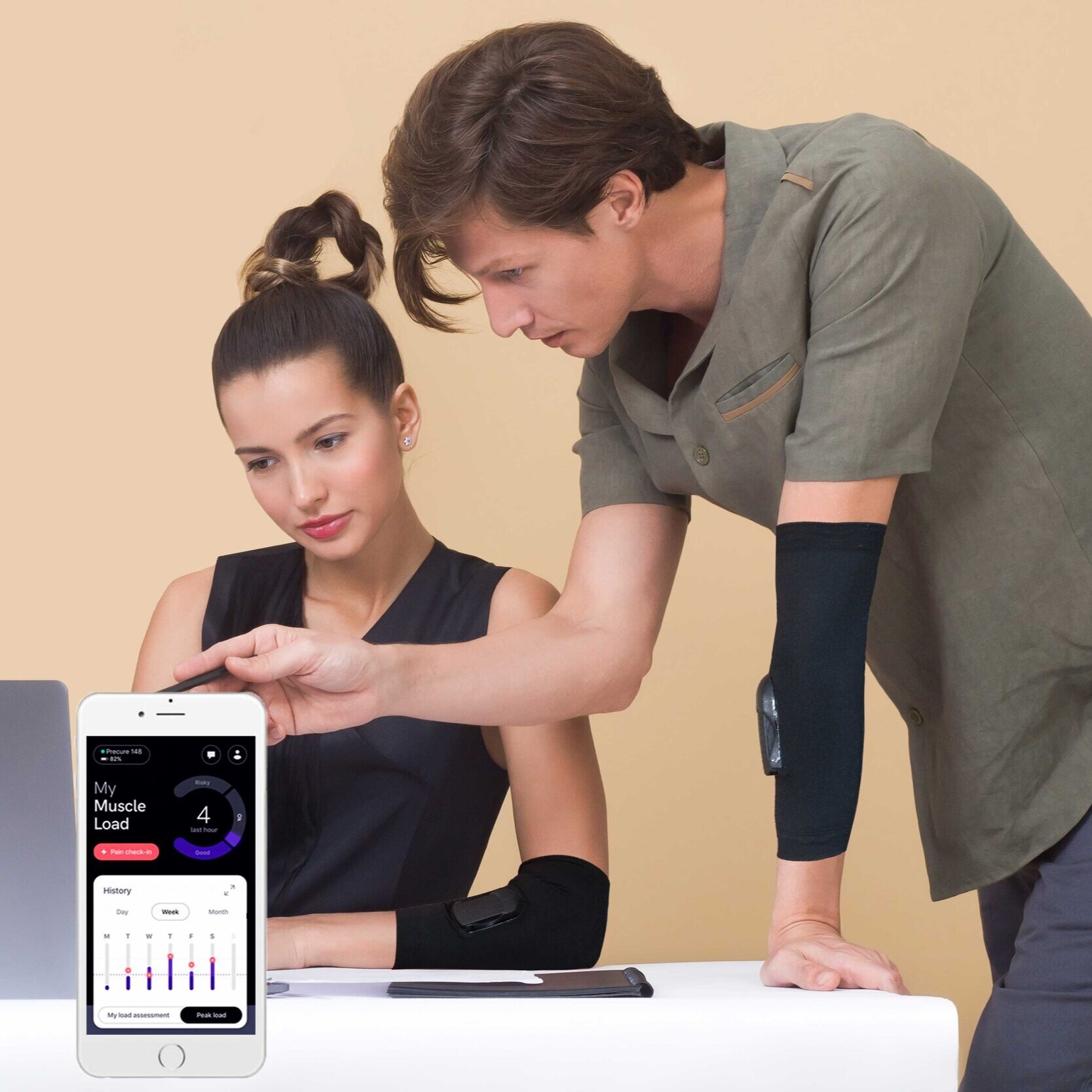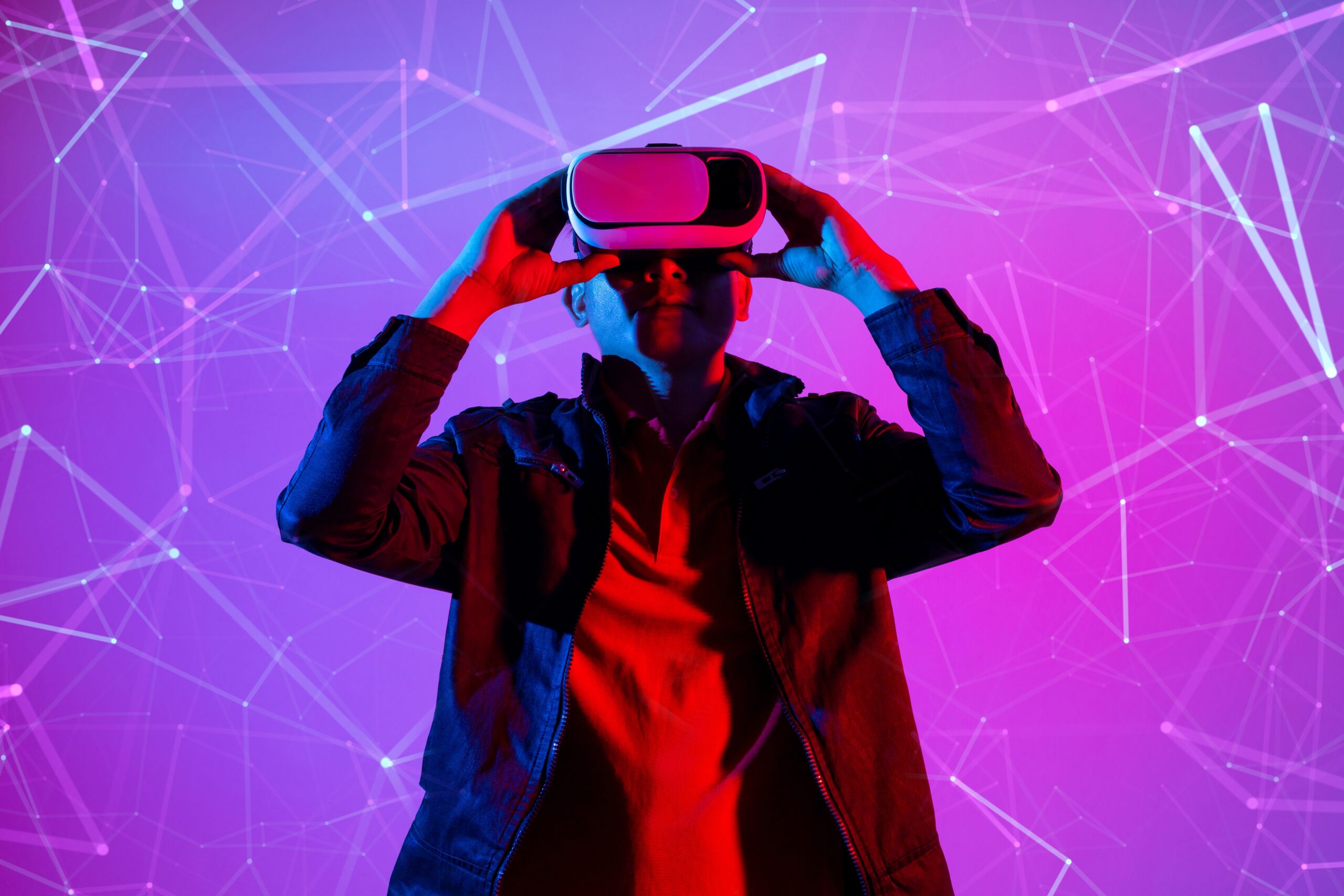
Life Science Blog #3: Precure
7 out of 10 Danes regularly experience pain and discomfort in joints and muscles. In 2020, the disease type accounted for

7 out of 10 Danes regularly experience pain and discomfort in joints and muscles. In 2020, the disease type accounted for

South Korea’s Seoul is regarded as the first city in the world to join The Metaverse. Capitalizing on that metaverse future,

#04: Web Summit 2022: Interview with Graham McDonnell, VP of Brand and Creative for TIME. Written by Keyvan Thomsen Bamdej December